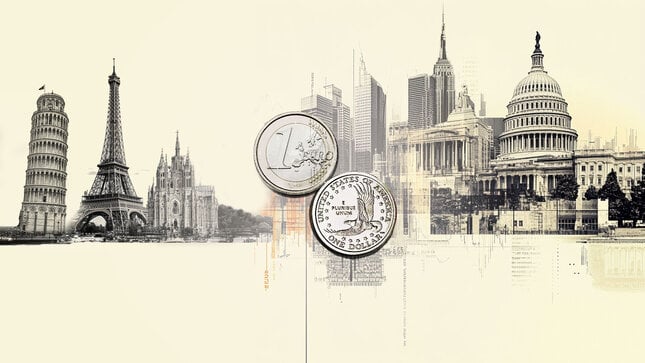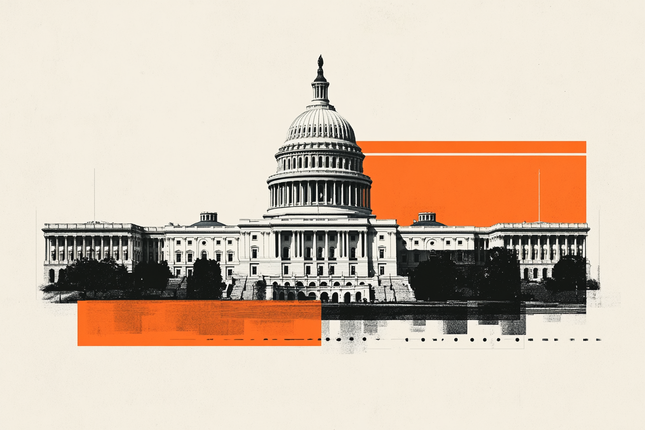Accommodative monetary policy
This term is used by central banks – and those who report to them – to describe an easing monetary policy often designed to stimulate the economy. This can include low interest rates and injecting money into the economy – often referred to as quantitative easing.Asset Purchase Program (APP)
Although making asset purchases is a widespread practice used by central banks to stimulate the economy – witness ongoing quantitative easing in the US – APP specifically refers to an initiative that the Bank of Japan introduced in 2010, where it buys government-issued bonds as well as corporate debt, stock funds and real estate funds.Bank for International Settlements (BIS)
This is an international organization that essentially acts as a bank for central banks. It often participates directly in the forex market, making trades on behalf of said central banks so that they do not have to reveal their identity – this minimizes adverse market reaction to central banks intervening in the forex market.BOx
There are a number of acronyms of this form that refer to central banks, including BOC for the Bank of Canada, BOE for Bank of England, and BOJ for Bank of Japan. However, it’s worthwhile noting that the German central bank is not the BOG – this is called the Bundesbank, and is often referred to by the nickname of Buba.Cable
Back in the days before modern telecommunications, currency transactions between the United States and Great Britain were often carried out using transatlantic cables. This has led to cable being used as a nickname for the GBP/USD currency pair.Candlestick
This is a way of displaying price information on a currency chart. The candlestick consists of a main body rectangle, with the upper and lower bounds corresponding to the open and close for the trading interval. Lines extend above and below the main body, representing the highs and lows for the trading interval.Eurodollar
Some people think that this simply means euros – but it doesn’t. Instead, it refers to US dollars that are deposited in banks outside of the US. Referring to euros as eurodollars will mark novice traders as rank amateurs.
Forward guidance
This is when a central bank indicates what it may do with its monetary policy in future, depending on economic conditions. Examples of this include whether the bank is likely to raise interest rates in the future – for instance, when unemployment drops to a particular level – or whether it is likely to continue quantitative easing.Hawkish and dovish
If a central bank makes a hawkish monetary policy statement, this indicates that they are planning to tighten monetary policy. On the other hand, a dovish statement indicates that they plan to loosen or ease their monetary policy.IMM
IMM stands for International Monetary Market, and is part of the Chicago Mercantile Exchange. This is a central exchange where currency futures are traded – unlike the forex spot market, which is a geographically-distributed OTC market that does not have a centralized exchange.
Editors’ Picks

EUR/USD: Fed calm, ECB steady, but the Dollar still leads Premium
EUR/USD is still struggling to find real traction. The pair has tried to stabilise, but momentum keeps fading, leaving the door open to further weakness.

Gold: Falling US yields, geopolitics help XAU/USD hold ground Premium
Gold (XAU/USD) gained traction and climbed above $5,200, ending the fourth consecutive week in positive territory. The next round of US-Iran talks and crucial macroeconomic data releases from the US will be watched closely by market participants in the short term.

GBP/USD: Will Pound Sterling defend key 1.3450 support ahead of US jobs data? Premium
The Pound Sterling (GBP) entered a bearish consolidation phase against the US Dollar (USD), after having tested critical support near the 1.3450 level on several occasions.

Bitcoin: Another month of losses, and it’s been five
Bitcoin (BTC) price is stabilizing around $68,000 at the time of writing on Friday, but the Crypto King is poised to close February on a fragile footing, marking its fifth consecutive month of losses since October and a rare start to the year with back-to-back monthly corrections.

US Dollar: At a crossroads; Fed steady, tariffs in flux Premium
The US Dollar’s (USD) upward momentum from the previous week seems to have encountered a tough nut to crack in the 98.00 region, as measured by the US Dollar Index (DXY).
RECOMMENDED LESSONS
Making money in forex is easy if you know how the bankers trade!
I’m often mystified in my educational forex articles why so many traders struggle to make consistent money out of forex trading. The answer has more to do with what they don’t know than what they do know. After working in investment banks for 20 years many of which were as a Chief trader its second knowledge how to extract cash out of the market.
5 Forex News Events You Need To Know
In the fast moving world of currency markets where huge moves can seemingly come from nowhere, it is extremely important for new traders to learn about the various economic indicators and forex news events and releases that shape the markets. Indeed, quickly getting a handle on which data to look out for, what it means, and how to trade it can see new traders quickly become far more profitable and sets up the road to long term success.
Top 10 Chart Patterns Every Trader Should Know
Chart patterns are one of the most effective trading tools for a trader. They are pure price-action, and form on the basis of underlying buying and selling pressure. Chart patterns have a proven track-record, and traders use them to identify continuation or reversal signals, to open positions and identify price targets.
7 Ways to Avoid Forex Scams
The forex industry is recently seeing more and more scams. Here are 7 ways to avoid losing your money in such scams: Forex scams are becoming frequent. Michael Greenberg reports on luxurious expenses, including a submarine bought from the money taken from forex traders. Here’s another report of a forex fraud. So, how can we avoid falling in such forex scams?
What Are the 10 Fatal Mistakes Traders Make
Trading is exciting. Trading is hard. Trading is extremely hard. Some say that it takes more than 10,000 hours to master. Others believe that trading is the way to quick riches. They might be both wrong. What is important to know that no matter how experienced you are, mistakes will be part of the trading process.
The challenge: Timing the market and trader psychology
Successful trading often comes down to timing – entering and exiting trades at the right moments. Yet timing the market is notoriously difficult, largely because human psychology can derail even the best plans. Two powerful emotions in particular – fear and greed – tend to drive trading decisions off course.


